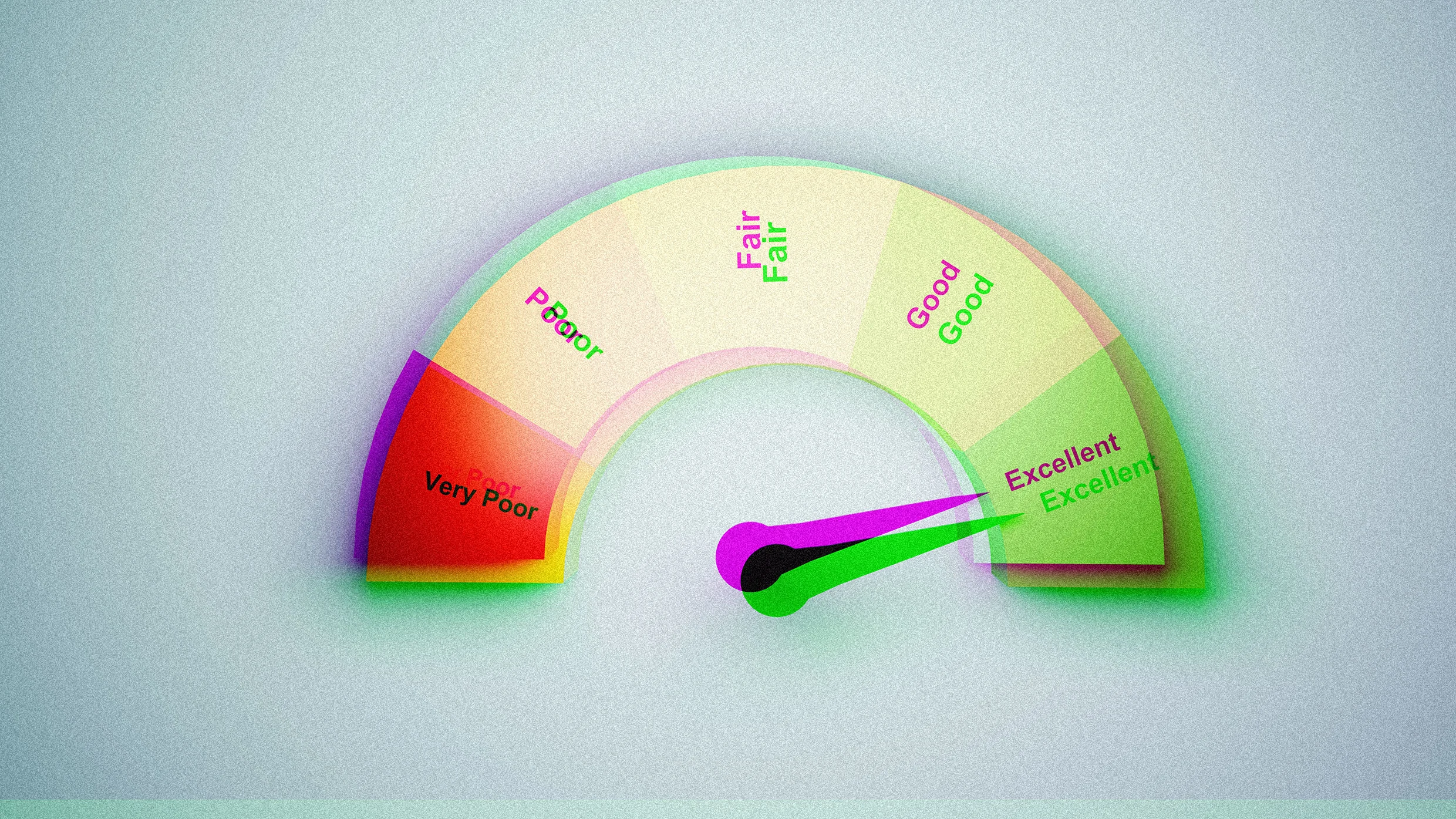
"Contrary to Sandberg's carefully crafted public image as a levelheaded advocate for working women and their families, she is shown to be narcissistic, mercurial, and hypocritical. Whether you see Wynn-Williams's book as an important exposé of Big Tech culture or a hit job by a disgruntled former employee, it's hard to escape the sense that Sandberg's public persona was more fantasy than reality."
"There is clearly something unhealthy about the idealized images that we are constantly inundated with, as well as those equally curated versions that so many feel compelled to post on social media. Beyond the obvious psychological toll, the pressure to project constant perfection undermines the gritty, unglamorous work required to perform at a high level. We're all familiar with the eureka moment from the movies."
Sheryl Sandberg is depicted as narcissistic, mercurial, and hypocritical, at odds with a carefully cultivated public image as a calm advocate for working women and families. The disparity suggests a public persona rooted more in fantasy than reality. Constant exposure to idealized images and curated social media personas creates unhealthy pressures, imposes psychological costs, and discourages acknowledgement of ordinary struggle. The pressure to project perfection undermines the gritty, unglamorous work required for high performance. Creative achievement is framed not as sudden epiphany but as a long process of incremental tinkering, trial, and error, with most ideas failing before succeeding.
Read at Fast Company
Unable to calculate read time
Collection
[
|
...
]